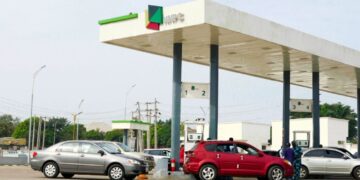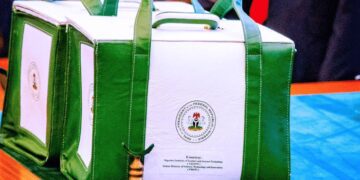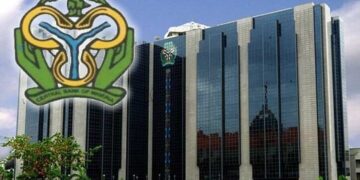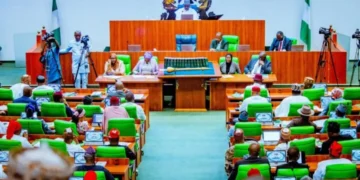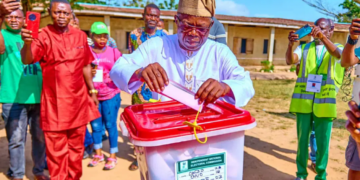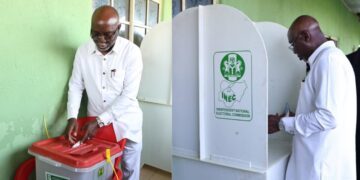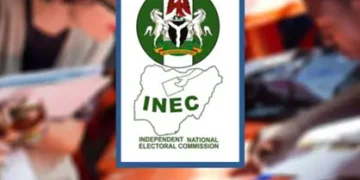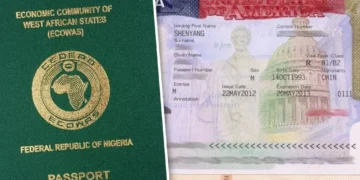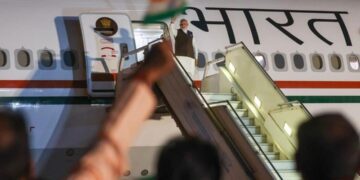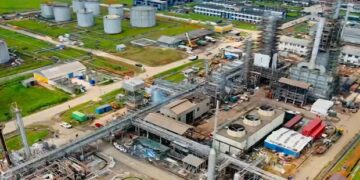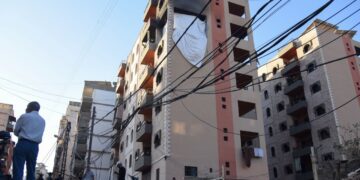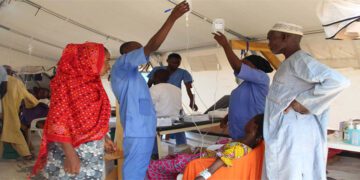The Institute of Electrical and Electronics Engineers (IEEE) Region 8 vice chair and member of the institution’s Humanitarian Technology Board, Engr. Abdullateef Aliyu says technology’s most critical importance is the role it must continue to play in the “greater good”, in transforming lives.
It may be noted that with over 450,000 members across 165 countries, IEEE is one of the world’s largest professional organizations, and harnessing technology for the betterment of society is claimed as one of its driving objectives.
Aliyu, who also heads the projects division at one of West Africa’s top telecommunications cum technology organizations, Phase 3 Telecom says as a member of IEEE for two decades and a proud member of the Nigeria Society of Engineers, he firmly believes that technology is meaningless if it fails to improve human well-being.
This he affirmed at the recent Nigerian Society of Engineers (NSE) in collaboration with IEEE Region 8 launch of twin solar-powered bus stop shelters with all-in-one streetlights in the nation’s capital, Abuja.
He said IEEE and NSE together forged partnerships that culminated in the creation of the solar-powered bus shelter with integrated USB chargers and street lighting. The project as a collaborative effort was largely spearheaded by the IEEE Humanitarian Technology Board, IEEE Region 8, Nigeria Society of Engineers Maitama branch and the Federal Capital Transport Agency in its implementation.
Situated at the Aguiyi Ironsi axis of Maitama Bus stop near Transcorp Hilton and the NNPC towers, the project is touted to exemplify IEEE’s commitment to clean energy (SDG7), industry and innovation (SDG9), and sustainable development partnerships (SDG17).
Aliyu in his statement says “The successful delivery of this project reinforces our belief in the power of collaboration. We extend our heartfelt appreciation to the dedicated volunteers from IEEE and NSE Maitama branch, particularly the members of the Community Engineering committee, as well as the Federal Capital Territory Administration (FCTA) for providing the necessary space for the shelter installation.
Beyond its physical manifestations, this project has empowered individuals through employment opportunities, utilized local resources, and facilitated the transfer of skills and knowledge, all contributing to the advancement of humanity. Witnessing the inauguration of the first-ever solar-powered bus shelter with USB charging functionality fills us with excitement and pride. As IEEE continues to impact individuals, and communities, and advance technology for the betterment of humanity, we express our gratitude to Region 8, the Humanitarian Technology Board, and the entire engineering community in Nigeria”.
















